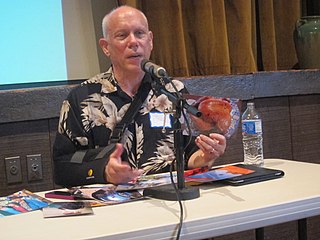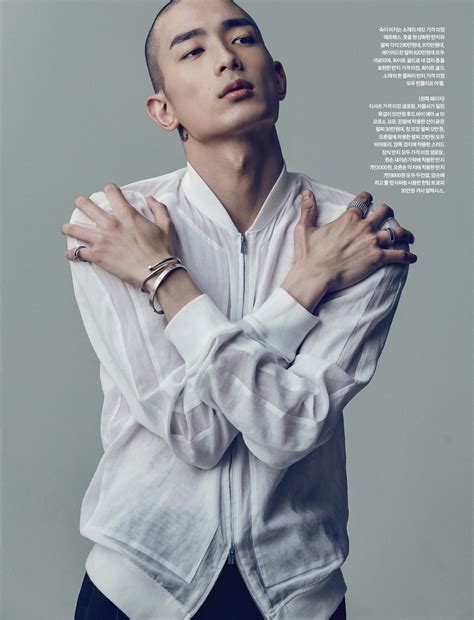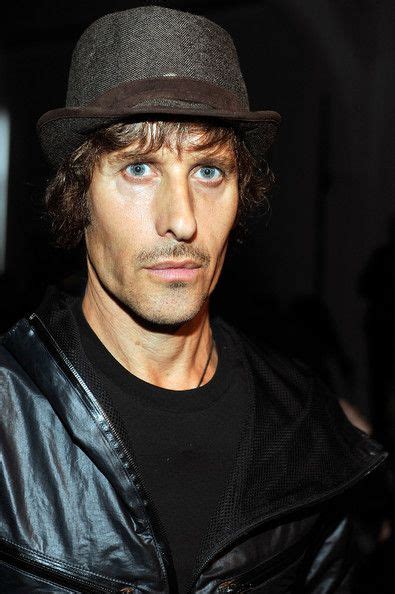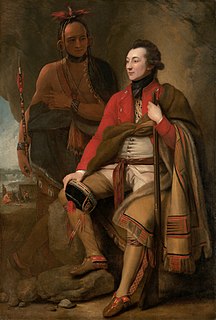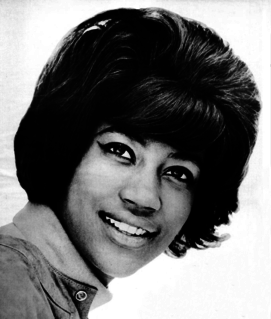A Quote by Sally Mann
Don't get between me and a really good picture in the darkroom, because then I want to go straight to the darkroom and develop it. But once that's done, I'm fine.
Related Quotes
There is always the risk: something is good and good and good and good, and then all at once it gets awkward. All at once, she sees you looking at her, and then she doesn't want to joke around with you anymore, because she doesn't want to seem flirty, because she doesn't want you to think she likes you. It's such a disaster, whenever, in the course of human relationships, someone begins to chisel away at the wall of separation between friendship and kissing.


